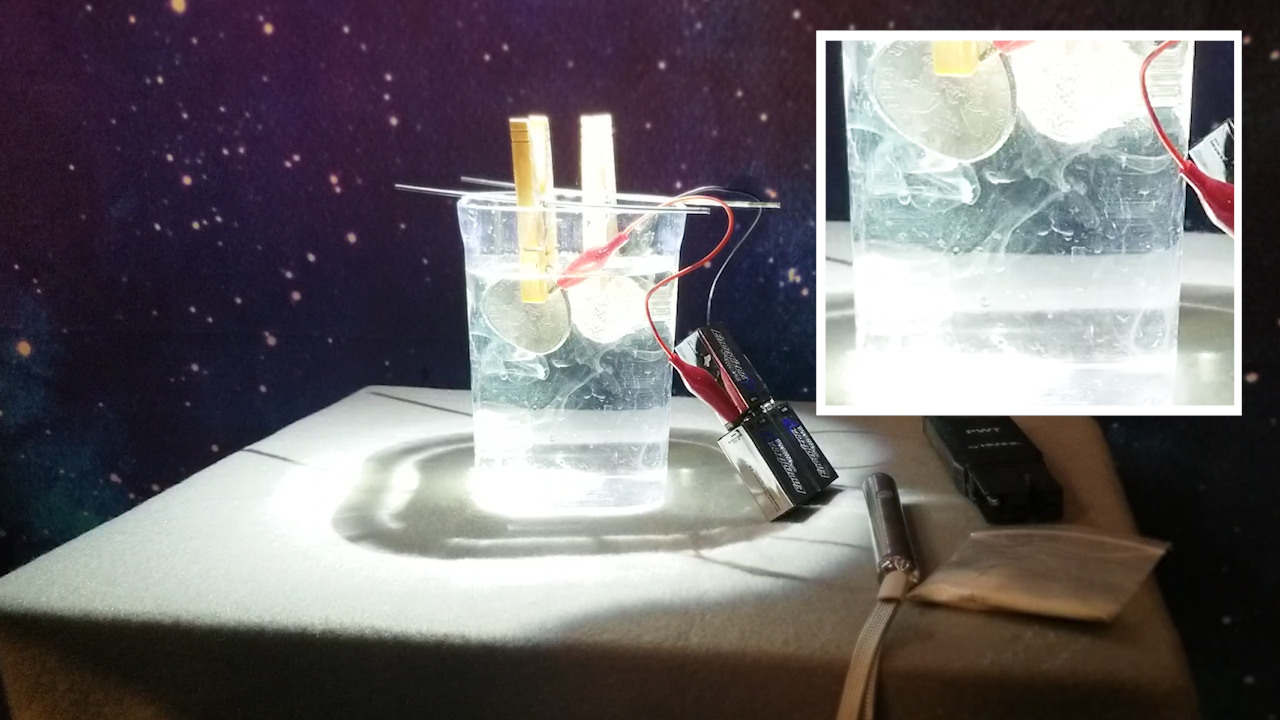Researchers develop new blood test that can detect prostate cancer with a claimed 94% accuracy
02/09/2023 / By Arsenio Toledo

Researchers from the University of East Anglia (UEA) in the United Kingdom have developed a blood test that can detect prostate cancer with 94 percent accuracy.
The 94 percent accuracy rate beats the currently used prostate-specific antigen (PSA) blood test used around the world, which is only able to accurately detect prostate cancer in one out of four men who test positive. (Related: Study suggests ants can be trained to detect cancer in urine.)
The screening process the researchers developed is known as the Prostate Screening EpiSwitch (PSE) blood test. They believe this new test shows significant potential as an accurate and rapid cancer screening diagnostic.
The researchers developed the test in cooperation with Oxford Biodynamics, a biotech company, the Imperial College London and Imperial College Healthcare NHS Trust, a hospital system centered around the college.
The new test involves combining the new PSE blood test with the PSA test. In a pilot study involving 147 patients, they compared the results of those who only took the standard PSA test with those who took both the PSA and PSE tests. They found that the PSE significantly enhanced overall detection accuracy for at-risk men.
“When tested in the context of screening a population at risk, the PSE test yields a rapid and minimally invasive prostate cancer diagnosis with impressive performance,” said Dmitry Pshezhetskiy, a professor at UEA’s Norwich Medical School. “This suggests a real benefit for both diagnostic and screening purposes.”
New test could improve early detection for at-risk men, reduce unnecessary prostate biopsies
Prostate cancer is the most common form of cancer among British men, with around 47,000 men diagnosed every year, and at least one man in the U.K. dying of prostate cancer every 45 minutes.
The notorious unreliability of the PSA tests means tens of thousands of men undergo tissue biopsies of the prostate gland every year to confirm the result, and it also gives “false reassurance in some men with [prostate] cancer,” according to their study, published in the journal Cancers.
“There is a clear need in everyday clinical practice for a highly accurate blood test that can screen men for prostate cancer and accurately identify those at risk, while sparing those who up to now would be subject to unnecessary, expensive and invasive procedures,” said Dr. Jon Burrows, CEO of Oxford Biodynamics.
Simon Grieveson, assistant director of research at Prostate Cancer UK, a prostate cancer research, support and awareness organization, noted that over 10,000 men in the U.K. are diagnosed with prostate cancer far too late each year, when the cancer is already incurable.
“That’s why we welcome promising new research like this into new possible tests which could help diagnose men accurately and at an earlier stage,” he said. “However, we now need to see this tested in far greater numbers of men before we can determine just how effective this approach could be.”
This is the next stage of the researchers’ efforts. The pilot study involved 147 patients who were already confirmed to have prostate cancer. The next stage will involve testing a group of men where the cancer status is unknown.
“This new PSE test is accurate, rapid, minimally invasive and inexpensive,” wrote the researchers. “If successful in larger trials, it may significantly improve prostate cancer diagnosis.”
Claire Knight, senior health information manager at Cancer Research UK, the world’s largest independent cancer research organization, suggested that the country could finally approve its first national cancer screening program for prostate cancer if the PSE proves reliable in larger trials.
“The current test we have, the PSA test, isn’t reliable enough,” said Knight. “So, it’s encouraging to see more research into new methods, but we need larger, longer-term studies to fully understand how effective this will work in practice.
Find more cancer-related stories at Cancer.news.
Watch this short video showing how dandelion root extract is capable of killing leukemia, prostate cancer and chemo-resistant melanoma cells.
This video is from the Natural News channel on Brighteon.com.
More related articles:
Beagles can “sniff out” lung cancer more accurately than “advanced technology.”
Mediterranean diet linked with lower risk of prostate cancer.
Sources include:
Submit a correction >>
Tagged Under:
blood test, breakthrough, cancer detection, cancer screening, discoveries, health science, men's health, Oncology, prostate, prostate biopsy, Prostate cancer, prostate health, research
This article may contain statements that reflect the opinion of the author
RECENT NEWS & ARTICLES
HealthScience.News is a fact-based public education website published by Health Science News Features, LLC.
All content copyright © 2018 by Health Science News Features, LLC.
Contact Us with Tips or Corrections
All trademarks, registered trademarks and servicemarks mentioned on this site are the property of their respective owners.




















